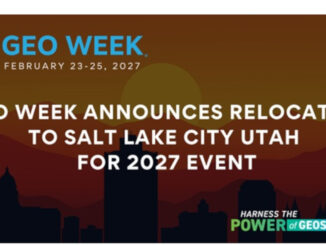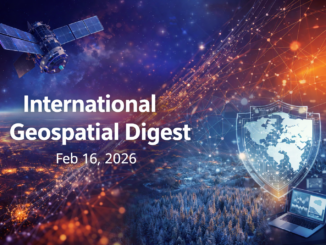A seminal event that has the potential to have a powerful impact on geography, geographic education, and all related geospatial fields was held in St. John’s on August 10th, prior to the AGM of the Canadian Association of Geographers at Memorial University.
This gathering came about in response to several triggers: ongoing postings on GoGeomatics relating to the disconnect among practitioners, and a call for a national vision in this post by James Boxall: http://www.gogeomatics.ca/its-time-for-a-moon-shot-for-the-spatial-sector-in-canada Precipitously, this ‘gift’ fell into our hands in January: http://www.cbc.ca/news/canada/newfoundland-labrador/story/2013/01/14/nl-students-dont-know-geography-115.html
Thanks to Twitter, this news gathered much attention across the country and worldwide. Some of the follow-ups were: http://news.nationalpost.com/2013/01/15/lost-without-a-map-despite-a-globalized-society-university-students-cant-locate-the-atlantic-ocean/
The Canadian Association of Geographers has a memorandum of understanding with the Royal Canadian Geographical Society, including a CAG member on the board of Canadian Geographic Education. Many members of CAG are Fellows of the RCGS. The decision for action was soon taken and an organizing committee struck.
Many CAG members and RCGS Fellows would be already in St. John’s for the AGM. You can access the list of attendees and position papers at: http://spatial-information.org/
What resulted was a day of dedication and hard work. We were fortunate enough to have Karl Donert, President of Eurogeo http://www.eurogeography.eu/ and James Boxall as facilitators.
Participation at this stage was by invitation only, and the focus was the creation of a ‘roadmap’ to guide the process of uniting all organizations in a shared vision of cooperation, not only to benefit respective jurisdictions like the education system, universities, governments, and the private sector, but to ensure that Canadians are educated, informed, and prepared to participate and compete on the world stage.
It was gratifying to be present as the day unfolded. Everyone was focused and determined. Collectively, an inclusionary statement of intent was decided upon. Titled ‘The St. John’s Declaration’, it has already been endorsed by CAG, and is before the board of the RCGS before being officially released to the public. It is hoped that many, many more will join us.
One gratifying aspect that I feel needs to be noted is that, besides the generous contributions from CAG, the RCGS, and other sponsors (noted on http://spatial-information.org/ ), was the willingness of many participants and volunteer organizers who gave their time and expertise at their own expense to travel long distances to attend. Their example speaks to the passion for the geospatial world, and also to the urgency for action.
We challenge the rest of you with vested interest to step up, and work with us. We cannot achieve our goals without additional assistance and support in what can be of benefit to all.
We’ve only just started; look forward to more to come. Let’s show the rest of the world of what we are capable.





Be the first to comment